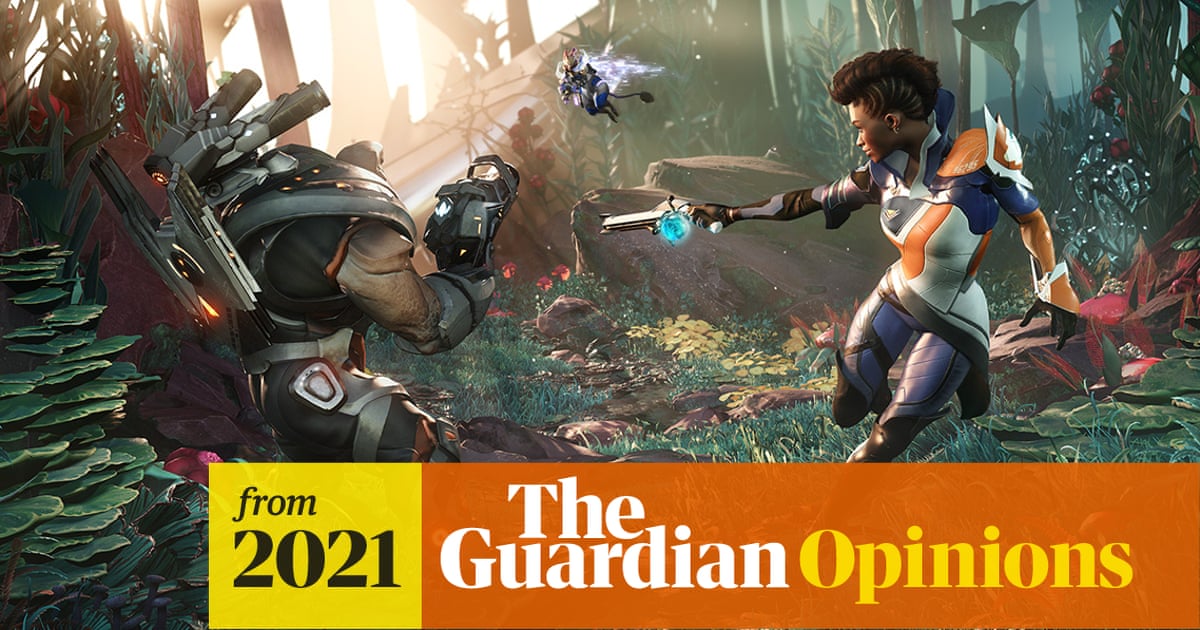- cross-posted to:
- pcgaming
- cross-posted to:
- pcgaming
They could make a couple fun games before thinking about milking their audience dry.
Or making a game targeted at the known target audience instead of pandering to one that doesn’t exist and ignoring the known audience.
Crazy stuff here.
I mean prior you this we also heard that tech companies tend to continuously get in the way of the development process and slow everything down then setting unreasonable deadlines.
That these two companies introduced or at least made common knowledge the idea of unreleasing a game says volumes for their ability to manage a game development process.
Or just like hire on a few people who have an idea and build it around that. Art by committee is bad unless the committee is mostly artists
Google never had a chance to succeed because when Stadia was announced people were immediately saying “oh, I wonder how long until Google shutters this”. Google’s reputation for killing its services is coming back to bite it. It almost wouldn’t have mattered how good the games they developed were, if people were scared to try out the platform they’re on for fear of losing a lot of money and time investment.
Also they could have allowed any controller to work, that would have made lots of people try it, I know I would have done so, but if I need to buy a hardware that will be useless if the project fails I’m highly unlikely to try it.
If Google would have said upfront that all purchases would be refunded when Stadia shuts down, it likely would have increased confidence enough that people would actually use it.
Maybe, but money was probably not the only thing keeping people away, and a statement like that would have drastically decreased confidence that it would stick around, which may reduced take-up among people for whom other concerns—like the mental energy of spending time in a doomed platform may have taken—were more at the fore.
This is the best summary I could come up with:
Last week, Bloomberg published an eviscerating exposé on the dysfunctional culture at Amazon Game Studios, the development teams formed by the online retail giant, which have so far failed to produce a single hit title for PC or consoles, despite recruiting a wealth of industry veterans.
One inconvenient factor that seems to have been overlooked in both these cases is that, like a movie production team, or a sitcom writers’ room, or an orchestra, or a repertory theatre company, a games studio is a culture.
It requires a combination of factors, including a shared vision, a work ethic, a supportive environment, a sense of identity and purpose, which emerge not out of funding, but out of creative relationships and trust.
Blizzard, the creator of the Warcraft and Starcraft titles has a sprawling campus in Irvine, California that feels like a university, with its beautiful wood-panelled library, its statues, its many faculty buildings.
Media Molecule in Guildford, creator of charming handicraft titles LittleBigPlanet and Tearaway, feels like the modern approximation of Oliver Postgate’s animation studio – all singalongs and science nights and life drawing workshops.
It is almost too cliched, too on the nose, the way Amazon and Google went at it with their expensive test tube studios, the way they seem to have wanted to leverage Triple A game development in order to promote their other services and technologies – as though holistic business integration was ever enough to motivate great art or even decent entertainment.
The original article contains 1,123 words, the summary contains 246 words. Saved 78%. I’m a bot and I’m open source!
Sounds like why 343 Studio has such a hard time making a good halo game. No culture. No vision. Just a mishmash of skilled, industry vets who all hate Halo.
Good bot
bad bot. incoherent
deleted by creator





